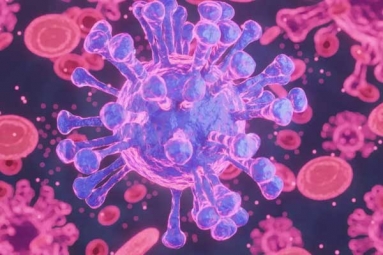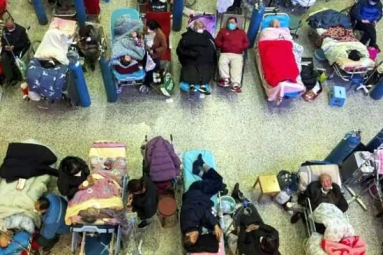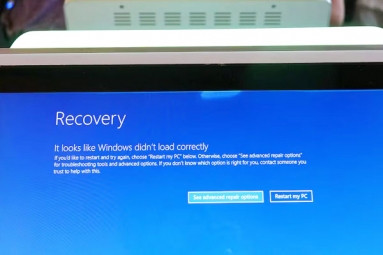
(Image source from: wexnermedical.osu.edu)
With the spread of the covid-19 across the globe, the one thing that people have been very inquisitive about is the recovery process. All around, people are consistently discussing about the process of infection and the overall rate of deaths. There are hardly any people who are focused on the process of recovery, which is one of the crucial factors when it comes down to the covid-19 infection.
While the number of deaths globally is over 119,000, the number of people who have recovered from this virus is over 450,000 people.
This is the reason why talking about the process of recovery is important. This is also important for the individuals who have tested positive but are not in a severe condition to be admitted to the hospital. If you are at home , fighting this virus on your own, it is important that you know of the different milestones when it comes to the recovery process from Covid-19.
When do you know you are well?
In case you are not hospitalised, you are your own doctor and you are the one who needs to keep an eye out on the signs and symptoms. So, when do you know you are well. This is a very commonly asked question which does require a concrete answer for you to assess your situation.
When you are getting better with the days, it is extremely important that you do keep an eye out on yourself as the symptoms can get worse from there too. The first week of the disease is when you experience the standard symptoms of fever, chills, cough and muscle ache.
When you start feeling better, it is likely that you might think that things are looking up and for some, that might be the case as well. But, if you again start to notice that the symptoms are recurring, it is important that you keep a close eye on your health.
You might experience intermittent chills and deteriorating symptoms over the course of 10 days. There is no standard as to how many days you are going to suffer before it starts getting better. It all depends on your body’s immune system and the kind of measures you are taking.
Additionally, any underlying health condition can also make the situation worse.
But, if you are starting to see the symptoms get better without recurring, it does mean that you are starting to recover from the virus. It means that the body has made enough immune cells to fight off this virus.
When is it safe to come out of isolation?
If you have been tested positive and you have been self isolating at your home, the one common question that might irk your mind is when is it safe to come out of the same room?
You might ask, “When do I know its safe to come out of isolation?”
It is extremely important for you to know and understand your symptoms first. If they are persistent, it is necessary that you take precautions and self isolated.
According to the guidelines from CDC, it suggests that a person is safe enough to come out of self isolation if they have not seen any kind of recurrence of fever after 72 hours of recovery. If you don’t feel any temperature on your body consecutively for 72 hours straight, it is safe enough for you to step out.
But, just for your safety and everyone else’s, wait it out for a few days more, just for the safe side.
How long does a Covid-19 patient stay contagious?
Another question that has ingrained its way into the minds of people is knowing the number of days that a covid-19 patient is likely to stay contagious.
There is no concrete answer to exactly how many days a person stays infectious. Researchers have stated saying that they don’t have enough data to exactly pinpoint how many days.
Researchers have assured that studies are being conducted further to get a better understanding of things.
Even a conducted meta-study found that even when a covid-19 positive patient has been tested negative for the virus, the traces of the virus has been found viable in the stool of the patients. This is the reason why nobody is still sure as to how many days the same persists.
Are there any chances of reinfection?
To be fair, stating exactly whether or not there are any chances of reinfection is a matter of uncertainty as there are no concrete studies to clarify the same.
If the prior data from the epidemics of SARS and MERS are to be considered, it is likely that the body is immune to the virus for a year or so.
But, nothing can be said with assurance. Even though there has been no further reports suggesting a reinfection, it is always best to be safe than sorry.
By Somapika Dutta



















